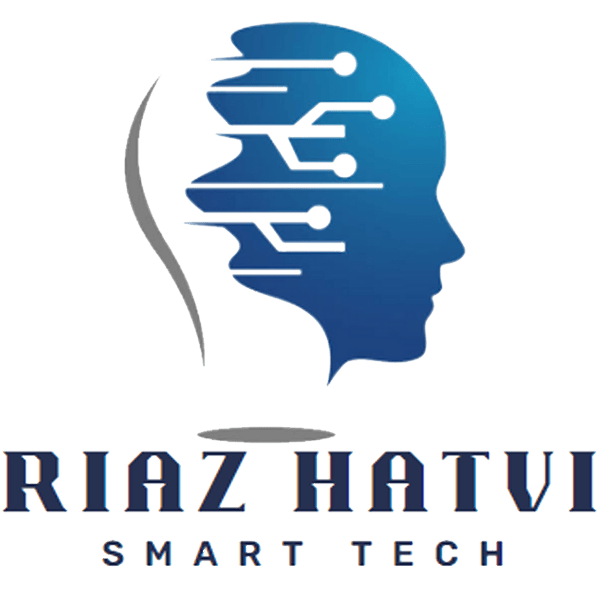AI Agents 2025: The Shocking Impact of Autonomous Systems on Work and Industry
AI Agents in 2025: The Shocking Impact of Autonomous Systems on Work and Industry
Introduction
By 2025, artificial intelligence won’t just be a trendy term—it will power global industries. Thanks to advances in machine learning and real-time data, AI agents are evolving. Once simple chatbots, they’re now proactive problem-solvers that make decisions independently. For example, imagine AI predicting supply chain issues before they happen. This shift is transforming healthcare, finance, and more. Let’s explore how these autonomous systems will reshape work and create new opportunities by 2025.
1. From Reactive to Proactive: The Evolution of AI Agents
In the 2010s, AI tools followed strict rules. Think of old chatbots that only answered scripted questions. Today, however, AI agents use large language models (LLMs) and real-time analytics to predict problems.
Key Changes:
- Generative AI: Creates solutions for new challenges, like drafting legal contracts.
- Self-Learning Algorithms: Improve accuracy by learning from mistakes.
- Edge Computing: Processes data locally for faster decisions.
Example:
In healthcare, AI agents now analyze patient histories and global research to suggest treatments. Similarly, logistics companies use AI to reroute shipments during delays—all without human input.
2. Industries Transformed by AI Agents in 2025
A. Healthcare
AI is saving lives faster. For instance, IBM’s Watson Health cross-references symptoms with global data to detect rare diseases early. Meanwhile, surgical robots reduce human error by 40% in complex operations.
B. Manufacturing
Factories are becoming “dark warehouses.” AI agents predict machine breakdowns, cutting downtime by 30%. Plus, computer vision inspects products 10x faster than humans.
C. Finance
Banks now rely on AI for fraud detection. These systems spot suspicious transactions with 99.9% accuracy. Additionally, algorithmic trading bots make split-second decisions using market trends.
D. Retail
Stores like Amazon use AI to personalize shopping. For example, agents analyze browsing habits to recommend products, boosting sales by 25%.
3. The Future of Work: New Jobs vs. Lost Roles
Jobs at Risk:
Repetitive tasks in manufacturing, data entry, and customer service will decline. In fact, Gartner predicts 30% of tasks will be automated by 2025.
New Opportunities:
- AI Ethics Officers: Ensure fairness in AI decisions.
- Agent Trainers: Teach AI industry-specific skills, like legal terms.
- Human-AI Managers: Improve teamwork between staff and machines.
Skills to Learn:
Focus on data analysis, AI oversight, and creativity—skills machines can’t easily replicate.
4. Ethical and Operational Challenges
A. Bias and Fairness
AI can mirror human biases. For example, a hiring bot might favor certain demographics. To fix this, companies now audit AI systems and use diverse training data.
B. Regulations
The EU’s 2024 AI Act requires transparency for high-risk AI. Non-compliance risks fines up to 6% of a company’s revenue.
C. Security Risks
Hackers can trick AI systems. For instance, they might fool a self-driving car’s sensors. Strong cybersecurity is critical to stop these attacks.
5. Case Study: AI Agents in Action
Smart Cities:
Barcelona uses AI to manage traffic. Sensors adjust traffic lights in real time, cutting congestion by 35%.
Agriculture:
John Deere’s AI tractors analyze soil health, boosting crop yields by 20%.
6. How to Prepare for an AI-Driven Future
For Businesses:
- Train employees in AI tools like Salesforce’s Einstein GPT.
- Partner with experts to build custom solutions.
For Governments:
- Fund STEM programs and reskilling initiatives.
- Create “sandboxes” to test ethical AI safely.
For Individuals:
- Learn AI management tools (e.g., Azure Machine Learning).
- Focus on creative roles, like design or strategy.
Conclusion
By 2025, AI agents will transform how we work, heal, and innovate. While challenges like bias exist, proactive planning ensures these systems help humanity. Businesses and individuals must adapt now—or risk falling behind.



